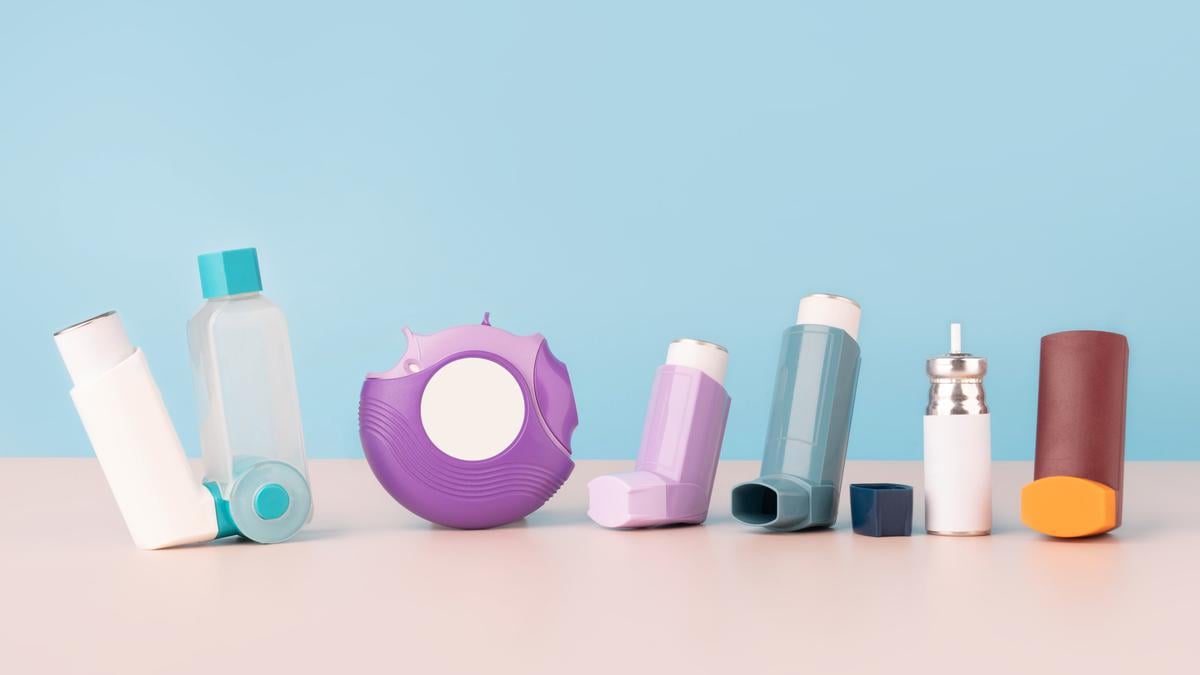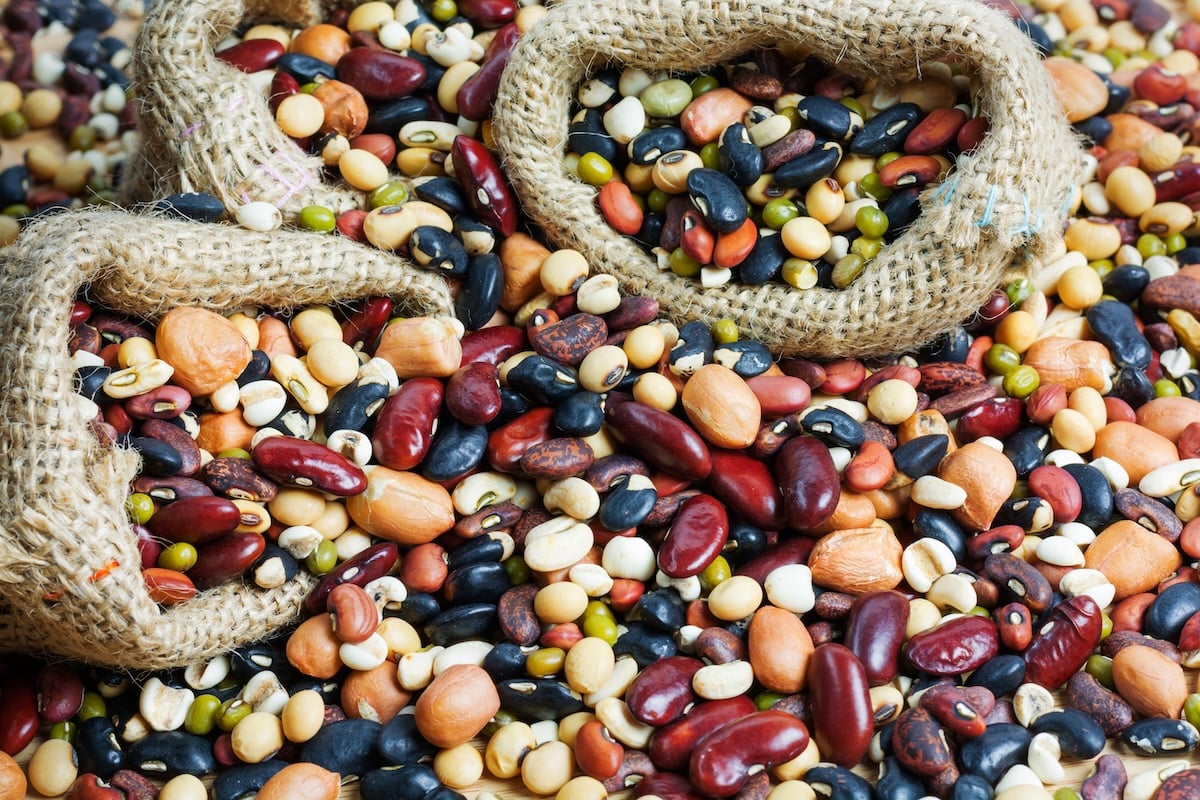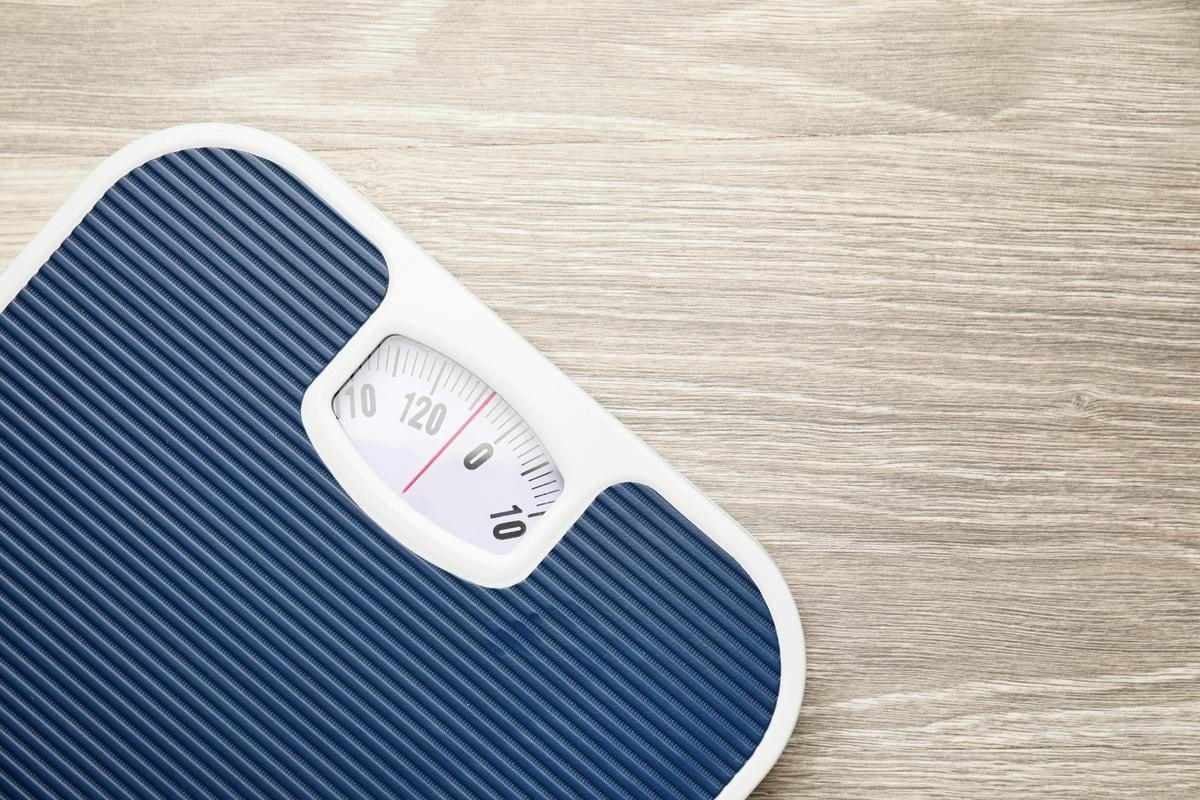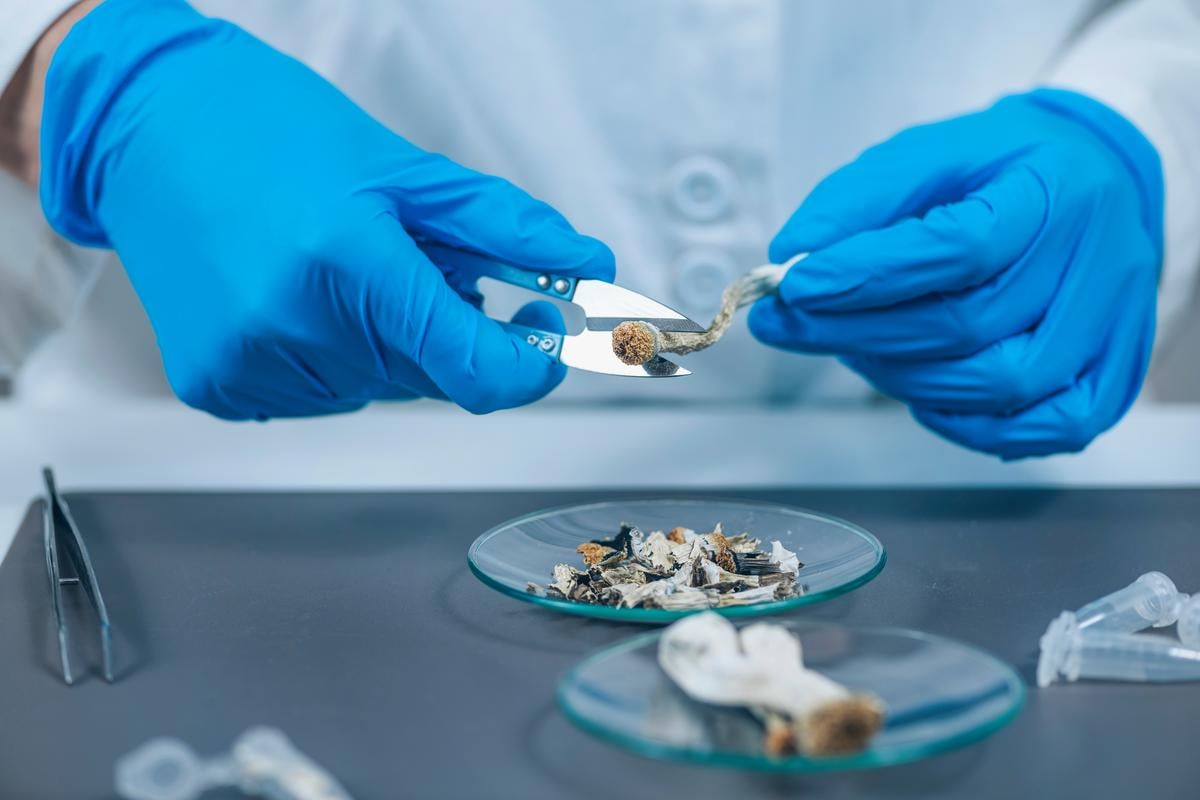
Vaping may look cool when you’re young, but it appears to be dulling the brains of college students, a new study warns. College students who vape have lower cognitive function scores than those who don’t, researchers reported Sunday at the American Neurological Association’s annual meeting in Orlando, Fla. And the more students vape, the lower… read on > read on >


















